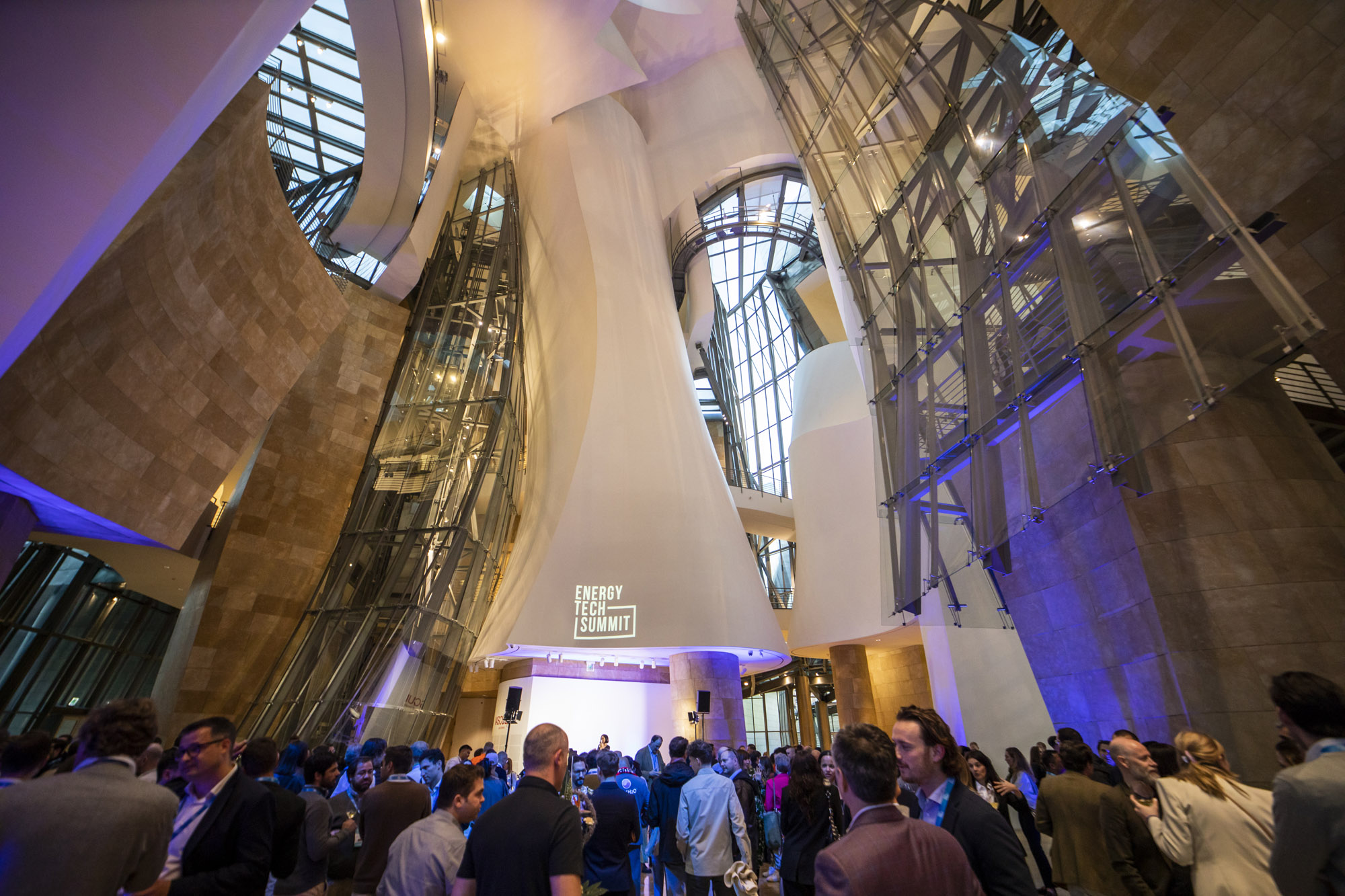The next revolution is written with blockchain: a snapshot of decentralized finance
Through the use of blockchain technology and smart contracts, decentralised finance or DeFi allows transactions to be carried out without the need for intermediaries. With the help of experts, we take a look at the benefits of this new model, such as financial inclusion and the creation of new financial products, as well as the challenges in the development of this new model.
In 2014, programmer Vitalik Buterin published an Ethereum white paper where he analysed the conditions and programmable applications based on blockchain known as smart contracts. Few imagined it at the time, but the co-founder of this blockchain, the basis of the Ether cryptocurrency, opened up an unexplored horizon in the financial market: DeFi (Decentralized Finance).
“DeFi means offering financial services without the need for an intermediary. This is the paradigm shift,” Francisco Maroto, leader of the Blockchain & Digital Assets discipline at BBVA, summarises. So far, in the traditional or centralised model, there are intermediaries such as banks and stock exchanges in any transaction between two parties. In decentralized finance, that intermediate position is replaced by a ‘smart contract‘ on blockchain: it allows users and recipients to negotiate the transaction directly and securely, as it is recorded on the blockchain. Also, in this environment, money is in ‘token‘ format, a cryptocurrency-based unit of value, rather than with traditional monetary units.

To understand what this fully decentralized financial model consists of and how it works, Luz Parrondo, lecturer of Accounting and Finance at Pompeu Fabra University, uses the following example.
“Imagine that a team installs different empty vending machines in a city that are available to users who want to exchange ready cash. A person with excess ready cash will place it inside in crypto format and will take a ‘token’ that determines that they are the owner. Later, another person passing by takes that money under the conditions set in the ‘smart contract’. What about the owner of the machine? They only take care of the maintenance of the machines and let the user direct, govern and benefit from the process”.
“DeFi means offering financial services without the need for an intermediary”
In view of the emergence of this alternative, banking institutions such as BBVA and organisations such as the World Economic Forum, which launched a toolkit for decentralized finance policy makers, are analysing in detail the evolution of this model, which has experienced great growth. Nearly five million users have made a transaction through DeFi, according to data platform Dune Analytics. In addition, the total locked value of DeFi, a standard way of measuring the price of cryptocurrencies in decentralized finance projects is about $49 billion, as reflected by the DefiLlama website.
Decentralized finance opens the door for banks to design new products and can promote financial inclusion. For example, the creation of a token wallet opens up the possibility of banking users in an easy and simple way or to encourage investment in areas that, due to their regulation or rules, are not attractive poles. According to Pilar Troncoso, vice president of OARO, a global provider of blockchain solutions since 2017, in the DeFi market “users are the owners of their own money”, a transformation that leads to the democratisation of finance and promises to move towards more flexible services.
The signature of the traditional financial institutions in DeFi
One of the first questions that crops up when talking about DeFi is the role of traditional banking institutions and how they can adapt to this paradigm shift. Alberto G. Toribio, CTO at Crypto Plaza, a crypto economy hub, is clear: open innovation is key. The expert argues that “creating accelerator programmes to work alongside or invest in startups has worked in the past and is one of the best ways to integrate this innovation”. Pilar Troncoso, from OARO, is of the same opinion, adding that DeFi “is a reality to which entities have to adapt by joining the open and decentralized world”.
Likewise, Pompeu Fabra lecturer, Luz Parrondo is committed to coexistence: “Not everyone has to be decentralized, nor do we have to eliminate centralisation. Banks cover different needs and are entities that provide security and backing that smaller crypto-based or decentralized entities will not reach”. In fact, she states that “banks are the ones that are implementing blockchain technology in the most advanced way”. A sign of this is that, as of 2021, BBVA has incorporated crypto assets into the offering of its Swiss subsidiary.
Francisco Maroto of BBVA also believes in the combination of the decentralized finance sector and traditional finance as a source of growth in this market. “Market operators and creators of DeFi protocols are aware that they must attract the institutional world to the world of decentralized finance, but to do so, it takes education: knowing how this technology works, the risks that exist and the regulation,” he explains. In his opinion, the entities themselves could adapt to this new market by positioning themselves on one side of the transaction through DeFi, as a cash ready provider or user.




